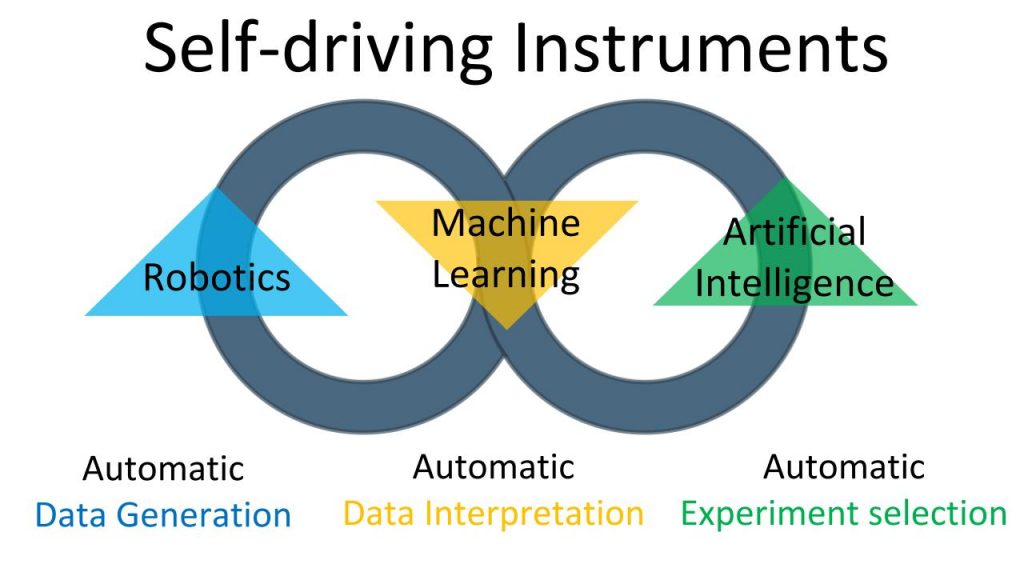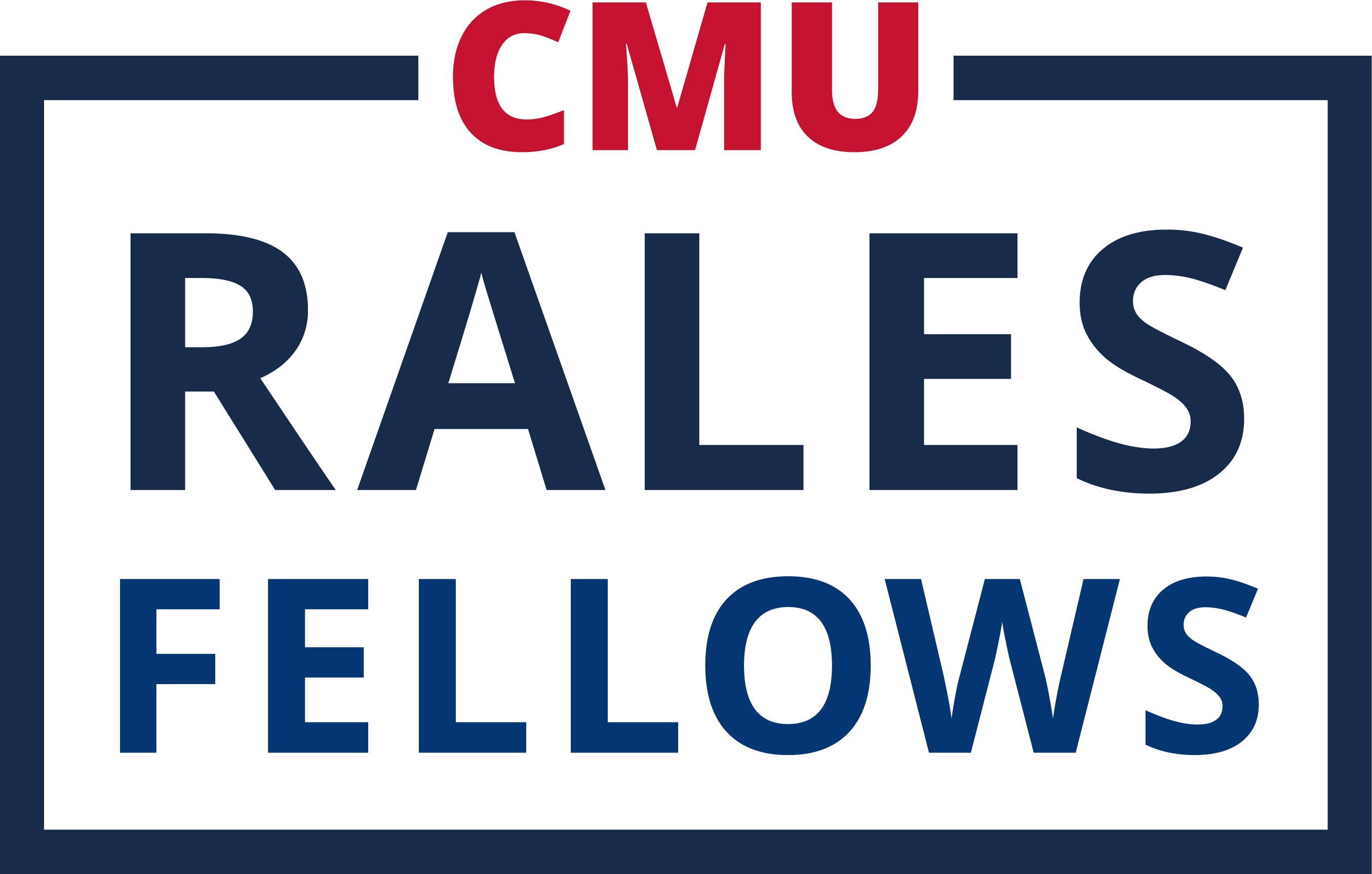Welcome!
The Ray and Stephanie Lane Computational Biology Department’s Masters of Science in Automated Science: Biological Experimentation (MSAS) program trains practitioners in the design, implementation, and application of laboratory automation and artificial intelligence in scientific research. Students train with world-class faculty, including those from the top-ranked School of Computer Science.
What is Automated Science?
Automated Science is the practice of scientific research without the need for significant human intervention.

What can you do in Automated Science?
Scientific Automation is widely used in the pharmaceutical, biotech, and agricultural industries. MSAS graduates are qualified to select, configure, customize, and operate the hardware and software necessary to automate essential tasks in scientific research and engineering.

The CMU Rales Fellow Program is dedicated to developing a diverse community of STEM leaders from underresourced backgrounds by eliminating cost as a barrier to education. Applicants must be U.S. citizens, permanent residents, or DACA recipients, and applying to an eligible Science, Technology, Engineering or Math (STEM) graduate degree program on Carnegie Mellon University's Pittsburgh campus.
Learn more about this program for master's and Ph.D. students. Learn More
Graduates become leaders in the emerging paradigm of Automated Science – the combination of robotic scientific instruments, Machine Learning, and Artificial Intelligence for iteratively building predictive models from experimental data and selecting new experiments to improve them. Students have opportunities to do research projects with Carnegie Mellon Faculty, to do summer internships with relevant companies, and to do collaborative projects with industrial sponsors.
